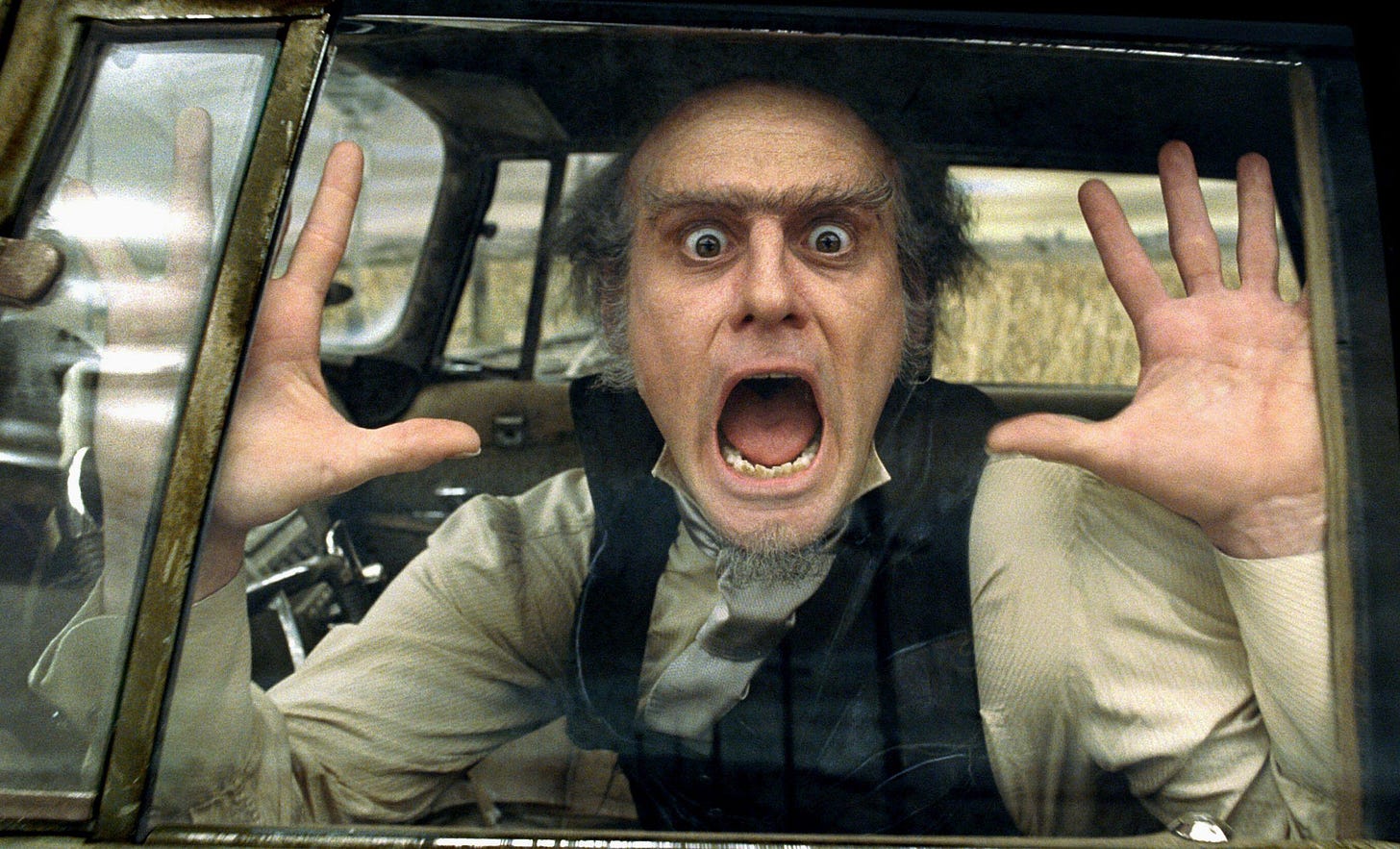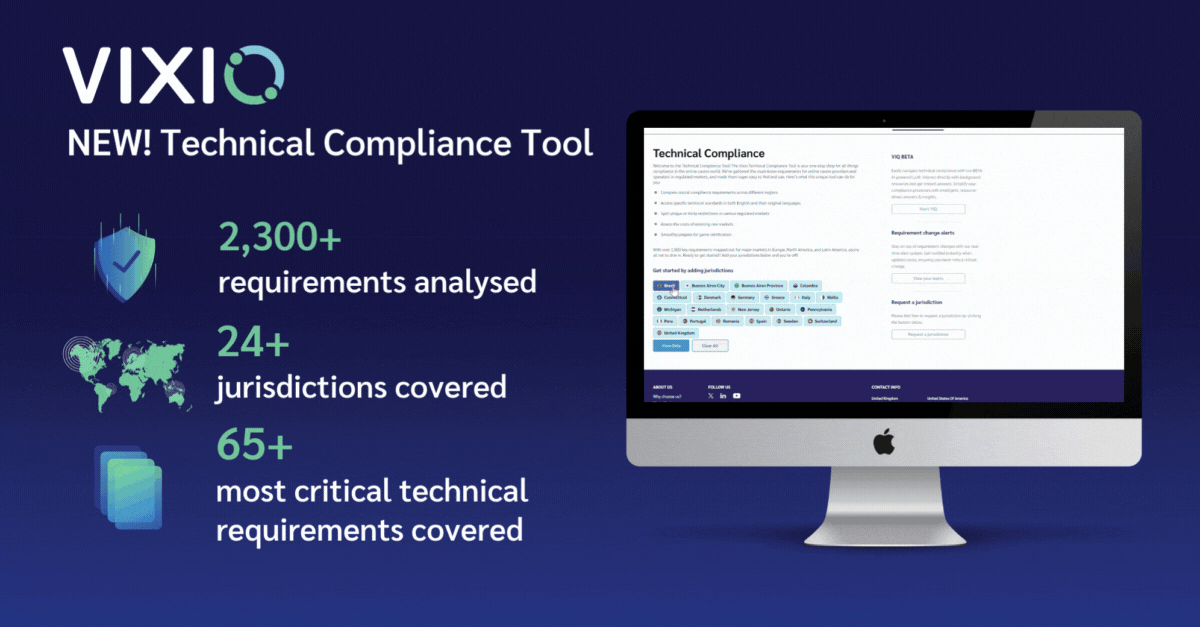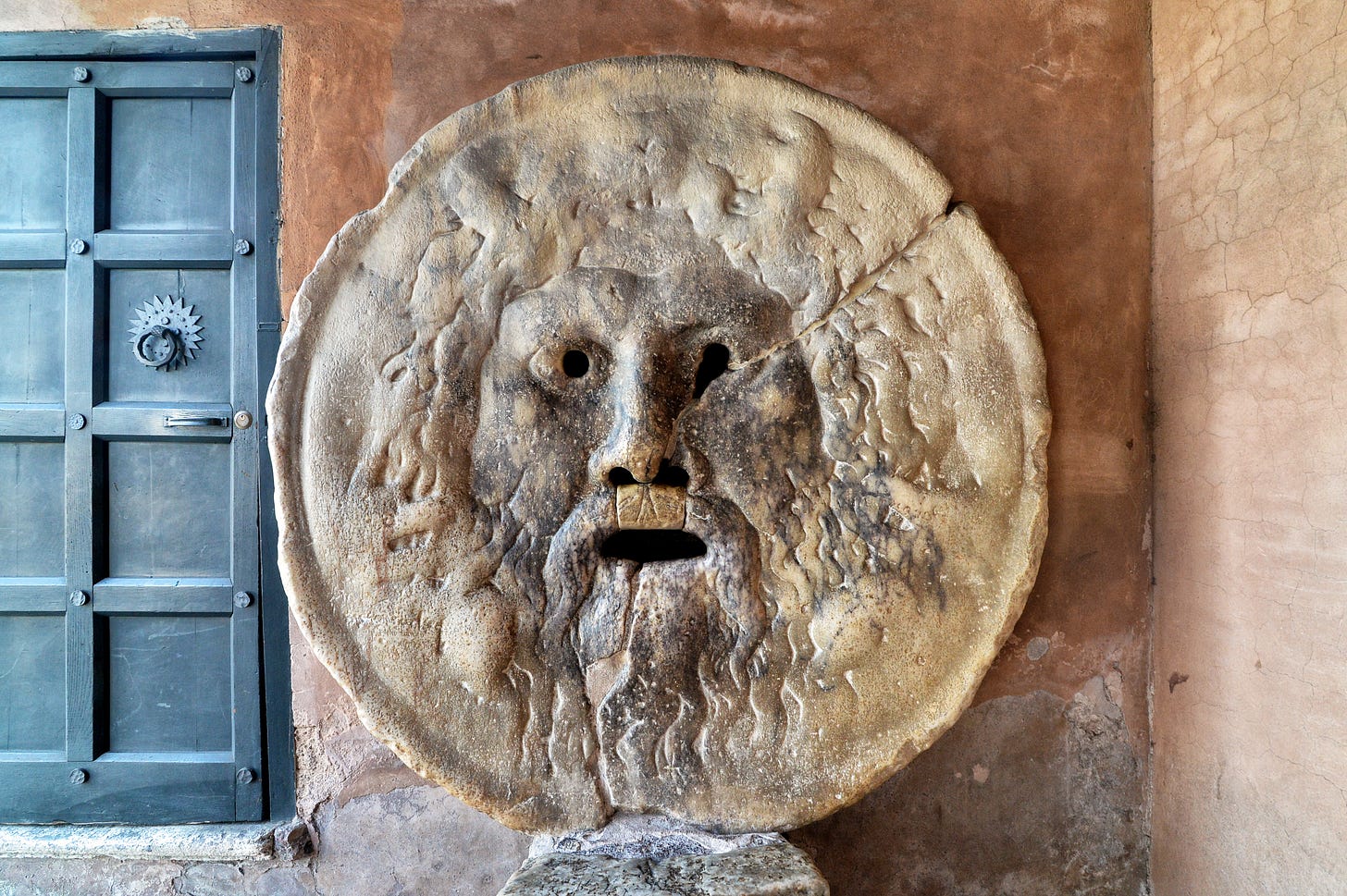Ad ban and in-play prohibition are not what the NFL and NBA expected.
In +More: ESPN Bet gets the NY go-ahead.
Australia readies a total online ad ban.
Holland Casino has “no alternative” than to skirt ad ban.
It's cloud illusions I recall, I really don't know clouds at all
Raised eyebrows
The law of unintended consequences: The NFL and the NBA are concerned the SAFE Bet Act introduced by Rep. Paul Tonko and Sen. Richard Blumenthal will see the introduction of a ban on sports-betting advertising during live sporting events.
While the sports bodies welcomed aspects of the legislative interest and the efforts to help protect game integrity, ESPN reported the NFL was “concerned about unintended consequences and expects further discussions.”
😯 Specifically, the ad ban and provisions that detail a ban on in-play betting “raised eyebrows at the leagues.”
The NFL source told ESPN the body was “concerned that there might be some unintended consequences on some of these provisions.”
“They’re ripe for further discussion.”
An NBA source said the organization saw the SAFE Bet bill as “the starting point to a very lengthy process.”
Golden goose: ESPN pointed out that sports betting ranked sixth in terms of industrywide ad spend in the last two weeks, with an estimated outlay of $22.9m on national TV ads during live NFL games.
SLAP: The Supporting Affordability and Fairness with Every Bet Act seeks to “address the public health implications inherent in the widespread legalization of sports betting.”
The industry has already reacted badly to the development with a spokesperson for the American Gaming Association calling it “a slap in the face” to state regulators and gaming operators.
Gaming lawyer Jeff Ifrah of Ifrah Law said previously the SAFE Bet Act creates an “unnecessary intrusion into state regulated activity.”
Long grass: More soothing words came from Nevada Rep. Dina Titus, who said during an AGA organized webinar last week the SAFE Bet Act was “a misguided approach” that she didn’t see passing, “certainly not this session.”
“Probably nothing’s going to pass this session, but we don’t want it to get a head of steam going forward,” she added.
Soothing: Titus continued by repeating the long-standing industry line that it should be left to the states to regulate on responsible gambling issues.
“I think that’s better; to have self-regulation or state regulation, not have the federal government get involved at this level.”
Taking on splinters: The National Council on Problem Gambling, meanwhile, said it “maintains its neutral position on legalized gambling and, accordingly, neither supports nor opposes” the SAFE Bet Act.
It added that the act as currently proposed “lacks the necessary investment in public health infrastructure to adequately address gambling addiction.”
GuardDog, powered by Underdog, is a pioneering investment fund dedicated to fostering innovation in responsible gaming.
GuardDog supports and accelerates early-stage startups focused on building new and creative solutions to address problem gaming and further responsible gaming.
Ready to be one of the underdogs of responsible gaming?
Visit to apply: https://underdogfantasy.com/guarddog
+More
Penn (action) station: Penn Entertainment could get the go-ahead to launch ESPN Bet in New York this coming weekend. During a New York State Gaming Commission hearing Penn chief strategy and legal officer Chris Rogers said the company still has “a couple of boxes to check” on tech but the plan was to launch “in several days.”
UK police, working with the Gambling Commission, arrested a 39-year-old man in Stoke-on-Trent on suspicion of providing unlicensed gambling. No further details were given.
The big sleep: The UK’s top industry lobby group estimates black market venues and websites rake in around $5.4bn each year from punters in the country. A new report by the Betting and Gaming Council, compiled by consultants Frontier Economics, blames weak regulation and accuses the Gambling Commission of “sleepwalking into this issue.”
There are still too many children gambling in Belgium, the country’s operators have said. A paper by the Flemish Expertise Centre for Alcohol and Other Drugs estimates 12.4% of Belgian youths have illegally bet on sports, a drop of 0.1% on last year’s figures. The Belgian Association of Gaming Operators said the number is “still too high.” The country recently raised the age limit for wagering to 21.
Latvia is to raise the gambling age to 21 as part of a raft of regulatory amendments. The proposed changes, which require parliamentary approval, also include an age limit of 18 for buying lottery tickets, which were previously unrestricted by age.
Philippines: The 41 PAGCOR-licensed POGOs will cease operations by the end of this year, according to the country’s Department of Justice. GGRAsia reported that foreign workers employed by offshore gaming operators have until October 15 to voluntarily return to their countries.
Roblox: A US District Court has ruled a class action lawsuit against the gaming platform that alleges it knowingly allowed minors to gamble can go ahead, according to the Courthouse News Service.
Banned, mate
Here it comes: Australia is set to completely ban digital gambling ads and prohibit TV commercials one hour before and after sporting events, according to leaked reports.
According to Sky News, the Albanese government is gearing to introduce “comprehensive” restrictions on gambling advertising, to be implemented in 2025.
Sports commentators would also be forbidden from talking about betting odds during games under the reforms, while a total blackout during children’s programming would also be imposed.
The matter has rumbled on for over a year, with final proposals in the works for several months.
Opposition figures have put pressure on communications minister Michelle Rowland, in charge of the regulatory overhaul, to introduce the toughest measures possible.
Ganged up: According to Sky News political editor Andrew Clennell, who broke the story, sporting codes, TV networks and bookmakers lobbied for restrictions on digital advertising rather than a total ban, as well as fewer restrictions on broadcast bans.
“They are also trying to negotiate less of a gambling broadcast ban – just for half an hour before a game until the end of the game, and for a cap of three ads per hour the rest of the time," he said.
In response, Rowland refused to confirm or deny the reports, adding that the government was “consulting widely.”
Give the dog a bone: The racing industry would be excluded from the bans, Rowland said, however, noting “the government views racing as a separate category.”
“Horses and dogs in that context exist for betting, so we understand that,” she said.
“And we should also recognise that, particularly in some regional areas, this is an industry that supports thousands and thousands of jobs.”
“It exists for a specific purpose. So we are being very mindful to be proportionate in this response.”
Vixio, a leading RegTech provider for gambling compliance, is thrilled to announce the Technical Compliance Tool, a single source of truth for technical requirements impacting the development, deployment, and certification of online casino games.
Managing game development alongside increasing compliance demands can slow your time to market—particularly when games must be certified according to complex, ever-changing requirements that vary across regions.
Vixio created the Technical Compliance Tool in partnership with clients to provide a consolidated view of the 65+ most critical technical requirements across the world’s largest regulated markets while linking to the original source.
Start saving countless hours navigating complicated regulations here.
Dutch ban fight
Choices were made: Fallout from controversial proposals in the Netherlands to raise the gambling tax rate continues to rankle with state-owned Holland Casino now dragged into the fight.
The monopoly’s CEO Petra de Ruiter said that in the wake of the new levy, such is the vulnerable position of the casino group, it has no choice other than to launch an “aggressive” promotional campaign.
In response, a Dutch government minister warned the operator that it must comply with advertising restrictions; it has been warned previously for advertising its land-based venues online.
The Netherlands banned “untargeted” online ads last year.
… and the UK
Whatever you want: Labour MP Alex Sobel has written to UK broadcaster Channel 4 urging it to become the first channel to stop airing gambling adverts.
The Independent reported that Sobel has targeted Channel 4 as it is in public ownership, allowing it more freedom over such issues, and suggesting it can “challenge the status quo.”
Misinformation
Fight the good fight: A lawyer representing Kalshi argued in front of the US Court of Appeals for the District of Columbia Circuit that prediction markets can be a tool for combating misinformation.
“The traders have an incentive to verify, to fact-check in a way that is not susceptible to arguments about bias,” said Yaakov Roth, a partner at law firm Jones Day who appeared on behalf of Kalshi.
“That’s why this is really a powerful tool to expose the truth.”
“If somebody comes up with a fake poll, if you’re a good trader, you’re not going to immediately buy or sell based on that, you’re going to actually investigate it and make a reasoned judgment about it.”
Drama queen: On the other side of the argument, the general counsel for the Commodity Futures Trading Commission, Rob Schwartz, said “I don't mean to be dramatic, but Americans broadly believe that our democracy is under threat before this court even has an opportunity to consider the issues.”
Schwartz said the election-related markets “are uniquely susceptible to manipulation.”
“And it’s because the sources of information that they absorb and reflect are opaque and unreliable.”
“I am talking about polls with undisclosed methodologies or with bad methodologies, fake polls, pollsters with agendas, inaccurate news, fake news, on and on.”
Optimize Your Geolocation Services with Xpoint's Trust Mode™
Elevate your operations with Xpoint’s groundbreaking Trust Mode™, designed to streamline geolocation processes and deliver unmatched efficiency.
Getting the most from your geolocation provider
Xpoint’s technology minimizes checks while remaining compliant. Our proprietary Trust Mode™ feature reduces geolocation checks as it verifies when a player is connected to residential or office WiFi, even near state borders, ensuring that operators adhere to jurisdictional regulations..
Cost-effective without compromising security
As operators typically pay per geolocation check, Xpoint’s clients will save over 20% in costs as the number of checks required is reduced without sacrificing accuracy.
Looking to learn more?: Trust Mode™
Contact us here: https://xpoint.tech/contact-us
Events calendar
Sep 24-26: SBC Player Protection Summit, Lisbon
Oct 7-10: G2E, Las Vegas
Nov 5: Gaming in Germany, Berlin
An +More Media publication.
For sponsorship inquiries email scott@andmore.media.












